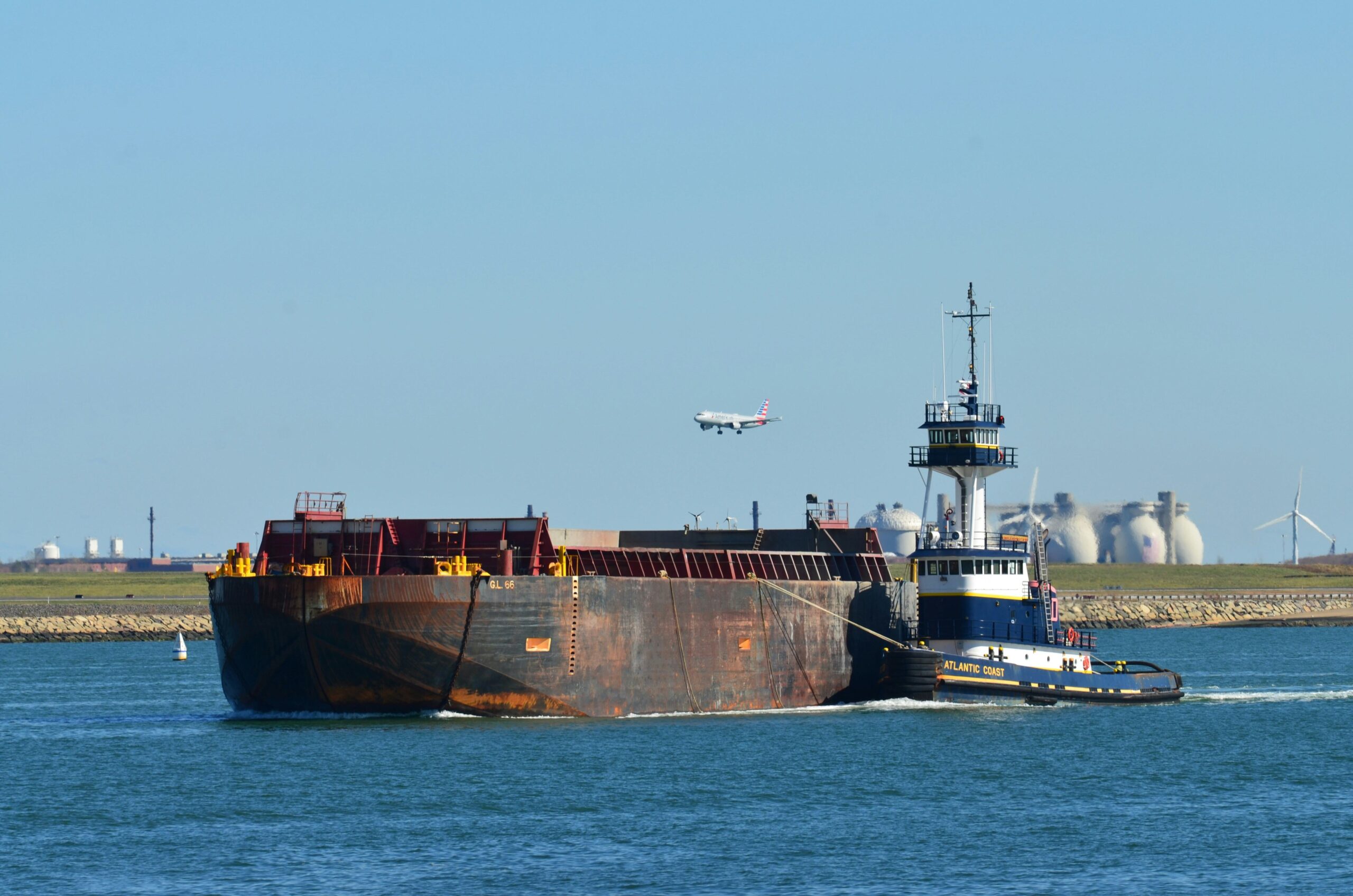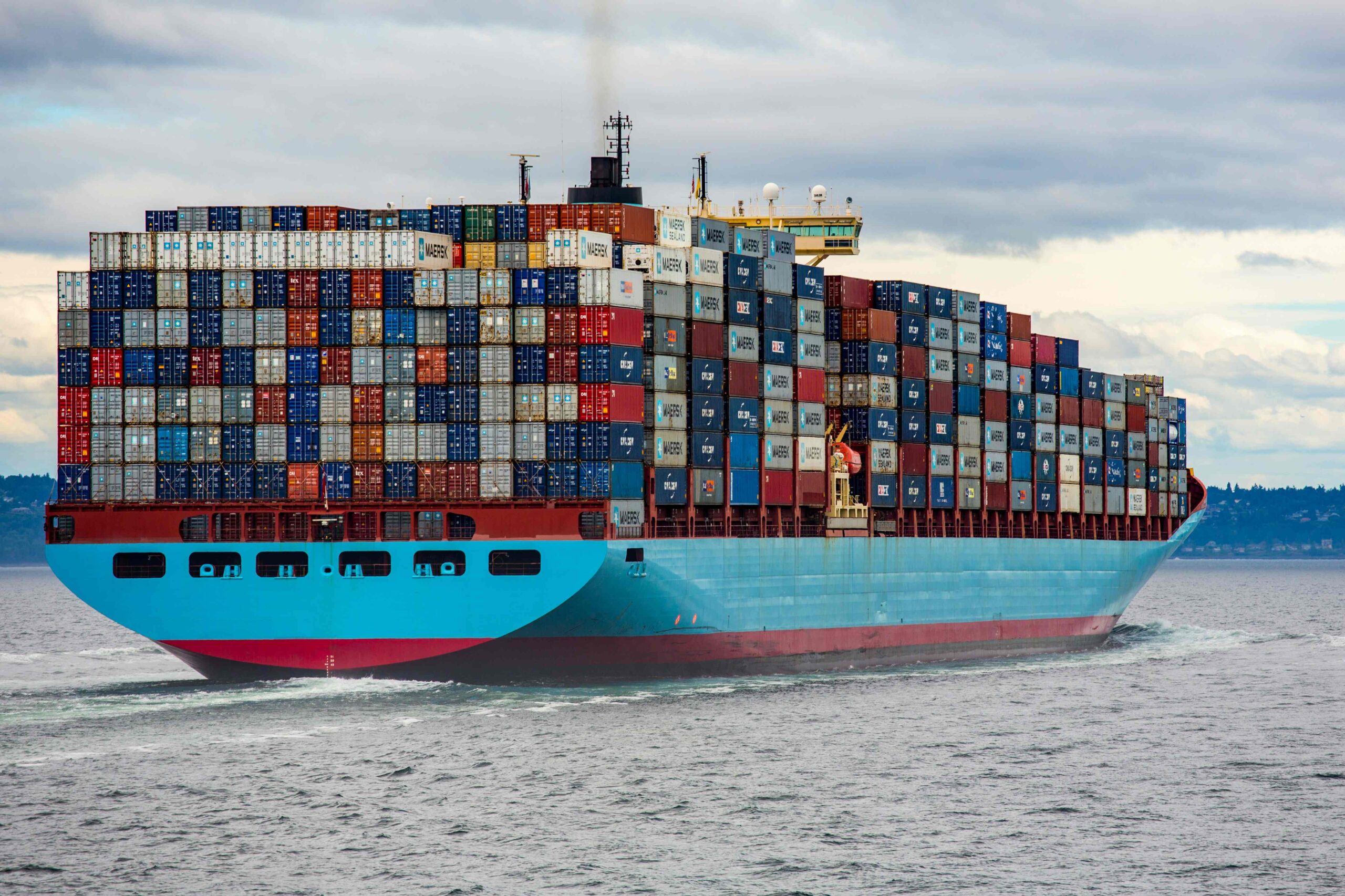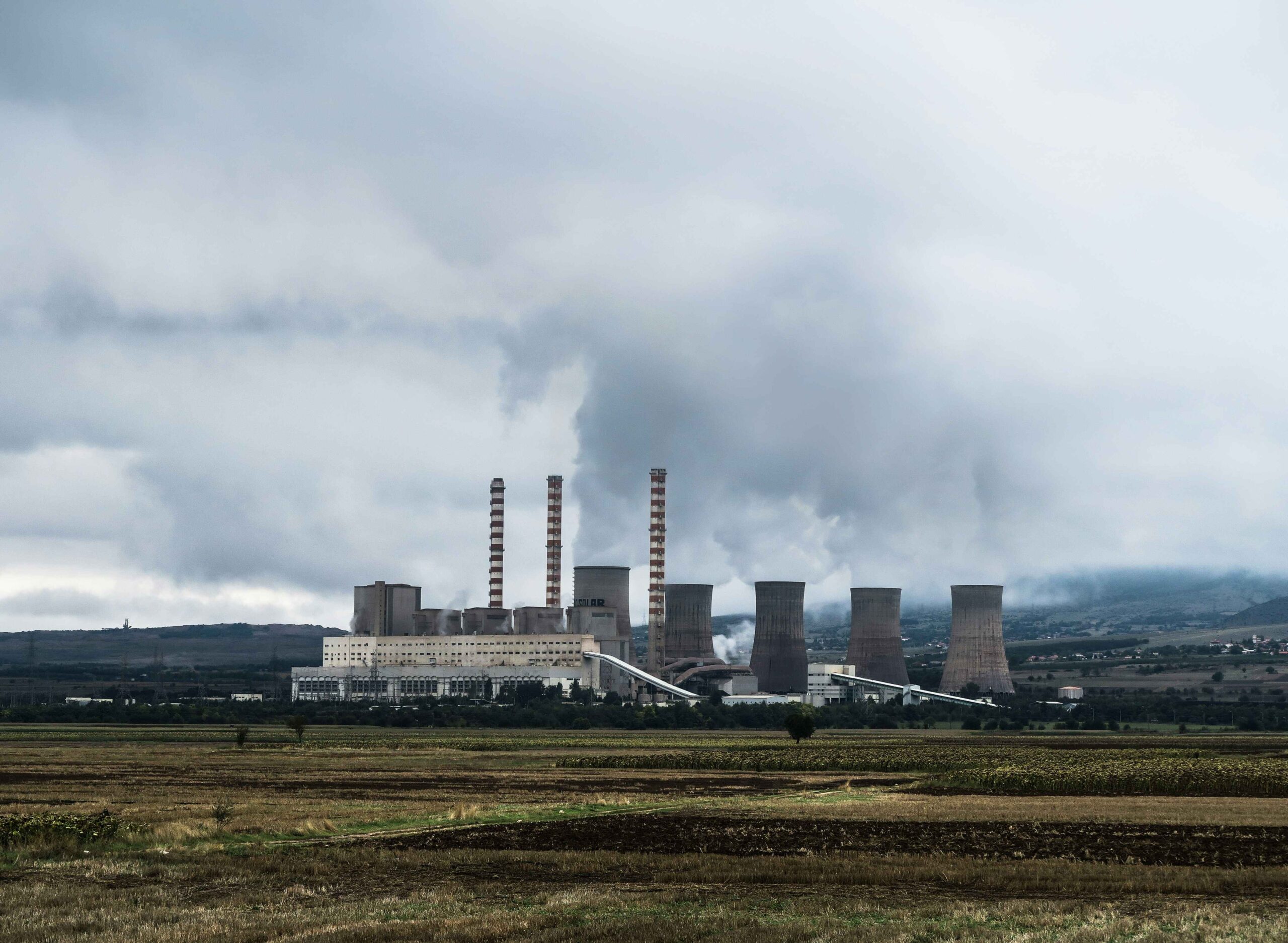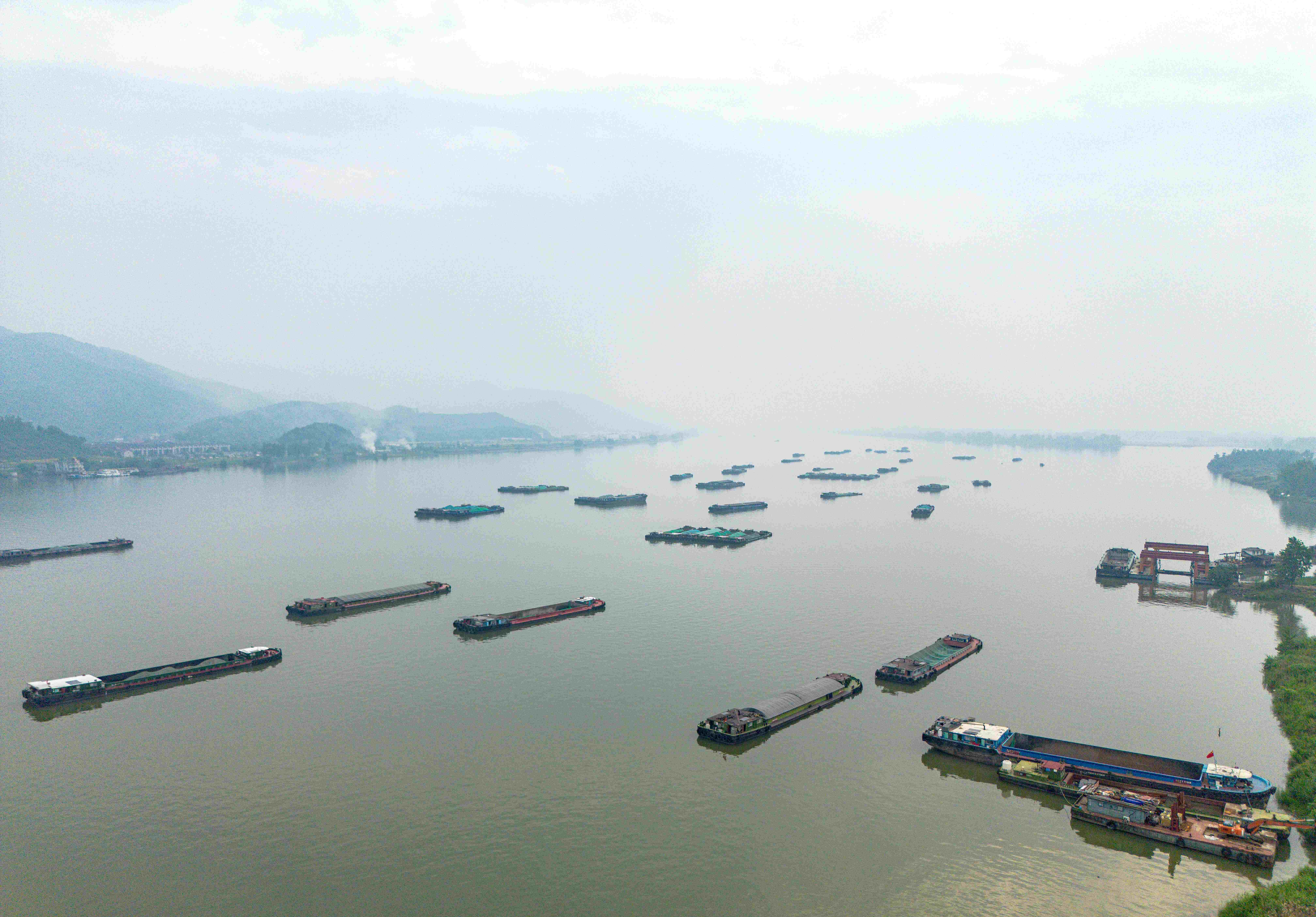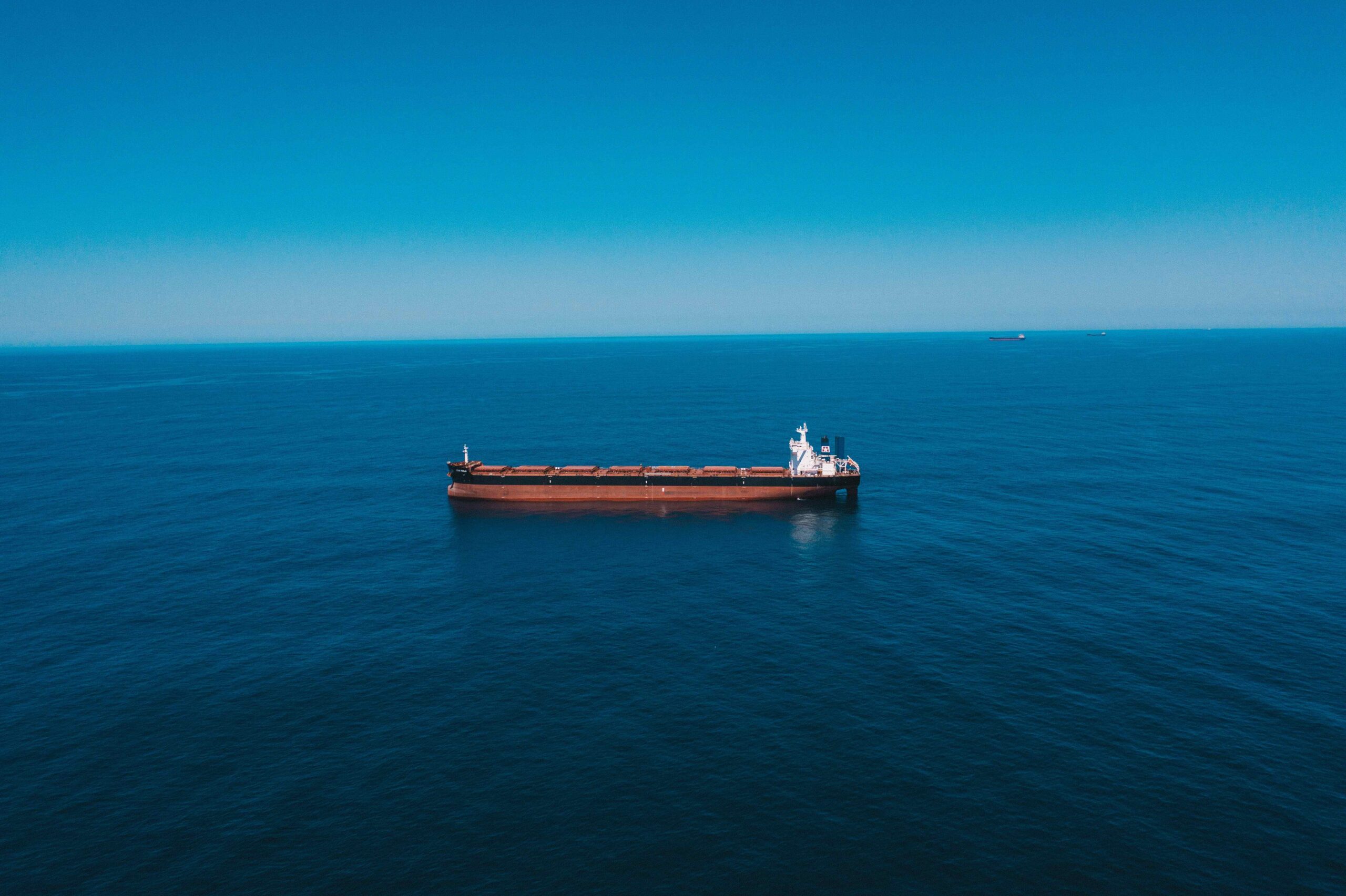The Impact of Bunker Fuel Quality on Marine Engine Longevity
Bunker fuel quality plays a critical role in determining the operational efficiency, maintenance requirements, and overall longevity of marine engines. This article explores the significant effects of bunker fuel quality on marine engines, factors influencing fuel quality, technological advancements, and best practices for
Long-Term Contracts vs. Spot Market: Strategies in Bunker Fuel Procurement
Bunker fuel procurement is a critical aspect of maritime operations, influencing costs, supply chain reliability, and operational flexibility for shipping companies worldwide. This article explores the nuanced dynamics between long-term contracts and the spot market in bunker fuel procurement, their respective advantages, challenges,
The Role of Coastal States in Bunker Fuel Regulation
In the realm of maritime transport, coastal states wield significant influence over the regulation of bunker fuel—a vital energy source for international shipping. This article explores the pivotal role coastal states play in shaping bunker fuel regulations, their impact on global shipping practices,
Sustainability Certifications for Bunker Fuel Suppliers
In the maritime industry, sustainability certifications for bunker fuel suppliers are becoming increasingly critical as stakeholders prioritize environmental responsibility and regulatory compliance. This article explores the significance of sustainability certifications, their impact on the industry, the certification process, and the benefits they offer
Impact of Fuel Additives on Bunker Fuel Performance
Fuel additives play a crucial role in enhancing the performance of bunker fuels, essential for powering maritime vessels. These additives are specifically formulated to improve efficiency, stability, and compliance with environmental regulations, marking a significant advancement in marine fuel technology. This article delves
The Future of Nuclear-Powered Vessels in Commercial Shipping
In the pursuit of sustainable and efficient maritime transport, nuclear-powered vessels are emerging as a potential game-changer. This article explores the possibilities, challenges, and implications of nuclear propulsion in commercial shipping, considering advancements in technology, regulatory frameworks, and public perception. The Potential of
Public Perception and Social Responsibility in Bunker Fuel Industry
The bunker fuel industry, essential for powering maritime transport worldwide, is increasingly under scrutiny from the public and regulatory bodies concerning its environmental impact and social responsibility. This article delves into the evolving public perception of the bunker fuel industry, the industry’s response
Bunker Fuel in Inland Waterways Shipping
Inland waterways shipping, a vital component of global logistics and trade, relies heavily on bunker fuel for propulsion. However, the use of bunker fuel in this sector presents unique challenges and opportunities concerning environmental impact, regulatory compliance, and the quest for sustainability. This
The Role of Government Subsidies in Promoting Cleaner Marine Fuels
Governments worldwide are increasingly turning to subsidies as a key policy tool to promote the adoption of cleaner marine fuels, aiming to reduce emissions and mitigate environmental impact from shipping activities. These financial incentives play a crucial role in incentivizing shipping companies to
Advances in Marine Engine Technology for Fuel Efficiency
In a promising development for the maritime industry, recent advancements in marine engine technology are revolutionizing fuel efficiency standards, offering substantial economic and environmental benefits. These innovations mark a significant step towards achieving sustainability goals while enhancing operational performance across global shipping routes.

